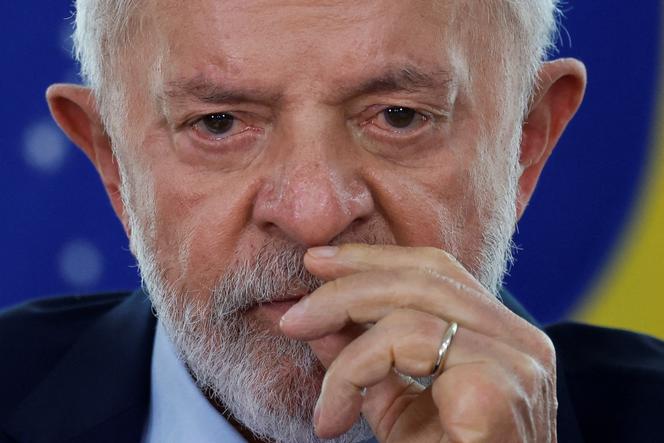


Luiz Inacio Lula da Silva has been preparing for this event for some time. On November 18 and 19, world leaders will gather in Rio de Janeiro for the G20 summit. It's an event just the way he likes it: theatrical and unifying, against a backdrop of Corcovado and Sugar Loaf, with himself, smiling and thumbs-up, in the center of the photo. The Brazilian president can enjoy this validation.
"Brazil is back!" he repeats to anyone who will listen. Gone are the far-right days of Jair Bolsonaro (2019-2022), considered a veritable pariah internationally. Since his re-election in October 2022, Lula has visited 32 countries and spent more than two and a half months abroad. Including his first two terms (2003-2010), he will have made 139 trips to 80 states and visited as far away as Antarctica. How many leaders can boast of such experience?
Lula has always dreamed of making his country a major player on the world stage. "We are determined to transform Brazil into a great country," he proclaimed again in June, in a speech delivered in Rio. It's an ambition, and even a grand plan, that he intends to hold high at the forthcoming G20 summit, even though it will be overshadowed by Trump's return to the White House.
The Brazilian likes to talk about his "golden decade" of the 2000s. Boosted by strong growth, Brazil established itself at the center of the geopolitical game. One after the other, Lula won the rights to host the 2014 football World Cup and the 2016 Olympic Games. He was a driving force behind the creation of the BRIC group in 2009 (which became BRICS when South Africa joined in 2011), and the rise of the G20 in 2008 during the financial crisis. In 2004, he was given command of the United Nations Stabilization Mission in Haiti, whose results were disappointing and much criticized.
Lula wants to set himself up as the spokesperson for a global South that is still in its infancy, particularly during negotiations at the World Trade Organization. To structure this emerging "bloc," he is pushing for the creation of inter-regional summits between South America and Arab and African countries. He is one of the fathers of the Union of South American Nations (Unasur), formed in 2008 and bringing together the 12 countries of South America. Like the European Union (EU), then a reference point for Lula, it was to include a bank and even a parliament, based in Cochabamba, Bolivia. But these institutions never saw the light of day: As political crises unfolded, several countries left or withdrew from Unasur.
You have 87.56% of this article left to read. The rest is for subscribers only.
